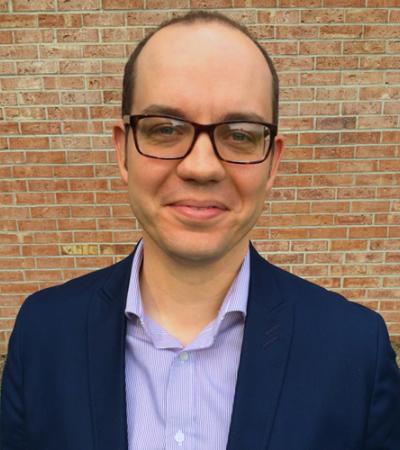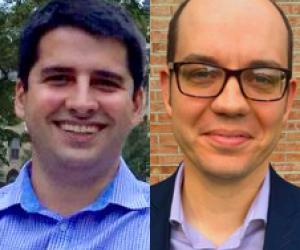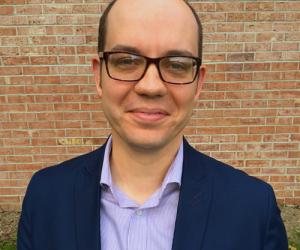This profile was current as of 2018, when he was part of the on-campus Kellogg community.
I study international relations and am a PhD candidate in Political Science at the University of Notre Dame. Broadly speaking, I am interested in the intersection of politics and psychology in the domain of international security. My dissertation traces the origins of maximalist territorial claims and broader implications for the concept of issue indivisibility. I argue that maximalist preferences develop out of an aversion to loss driven by shifting power dynamics.
My current working papers question American perceptions of democracy, how states respond to relative trade losses, and why some regions see more interstate wars than others. I integrate qualitative, quantitative and experimental methods in my research.
I am a doctoral affiliate at the Kellogg Institute and at the Notre Dame International Security Center and have received additional training at Syracuse University’s Institute for Qualitative and Multi-method Research (IQMR) and Stanford University’s Summer Institute in Political Psychology (SIPP).
Prior to attending Notre Dame, I received an M.A. (Arab Studies) from Georgetown University and a B.A. (History) from Brigham Young University – Idaho. I have also worked for the Department of Defense as an Assistant Professor at the Defense Language Institute and as a Research Associate at the National Defense University’s Near East South Asia Center for Strategic Studies.
Website: seanpbraniff.weebly.com
My research falls in two broad categories: territorial disputes and American perception of foreign threat. I take a political psychology approach in analyzing why states may refuse to compromise over territory and the role democracy plays in American perceptions of foreign threats.








